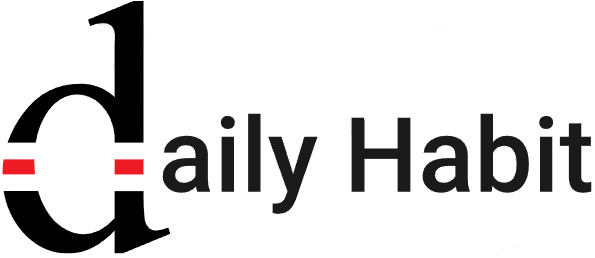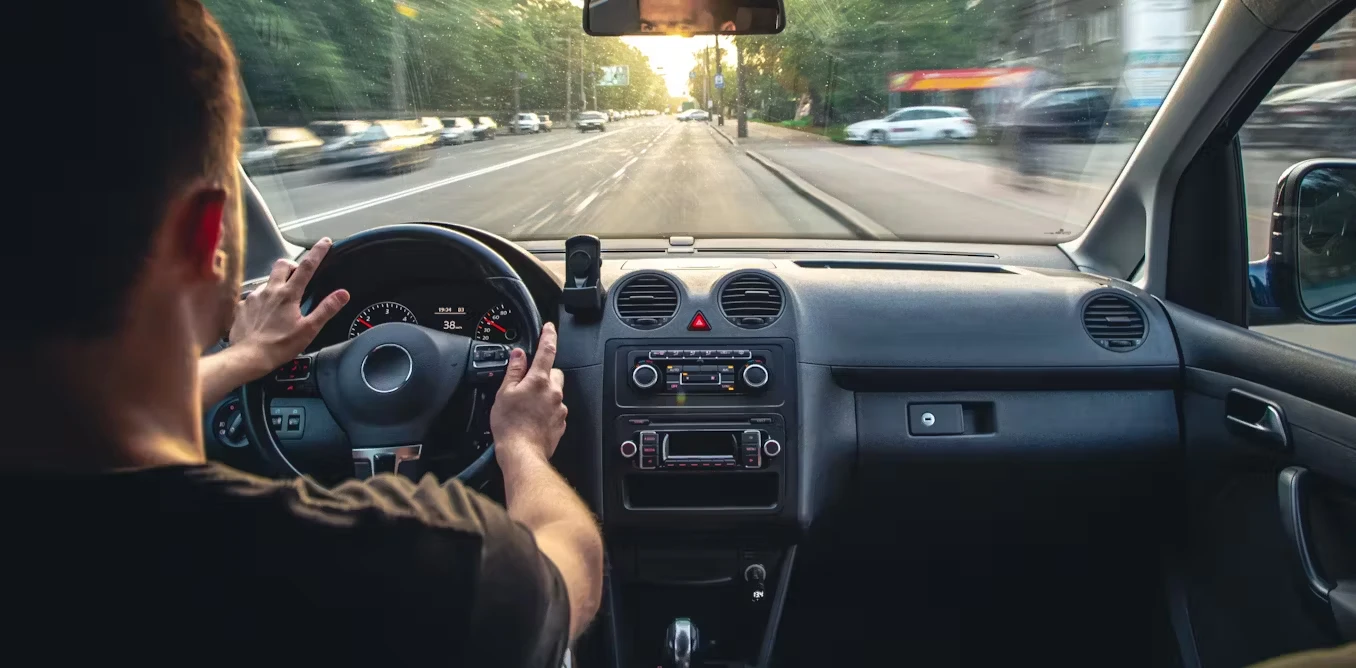Ever Driven in a Dream State?
Picture this, friend: you’re cruising down the highway, tunes blaring, when—poof—you snap back to reality and realize you don’t remember the last 10 minutes of driving. Scary, right? But also kind of magic. That’s your unconscious memory at work, steering you through life’s chaos like a ninja autopilot. According to memory whiz Ben Sclodnick from McMaster University, this hidden brain trick is why you can drive, text, or even walk and talk without face-planting. Grab a soda, because this dive into your brain’s backstage crew is wild, and it’s running your life more than you think.
Unconscious memory, or “automatic control,” is like your brain’s shortcut app. It ties actions to contexts—see brake lights, hit the pedal; grab your phone, thumb through apps like a pro. Over time, repeated behaviors become so wired you don’t need to think. Remember learning to drive, sweating every gear shift? Now you’re braking for tail lights faster than you can say “road rage.” It’s not magic—it’s your brain forging links between what’s around you and what you do, making complex tasks feel like a breeze.
From Phones to Friends: Autopilot Everywhere
This isn’t just about driving. Ever notice how your fingers dance through your phone’s apps, but a rearranged home screen throws you into a tantrum? Or how walking into a meeting with your boss sparks work-mode thoughts, while chilling with a pal pulls up old inside jokes? That’s unconscious memory, serving up the right thoughts and moves for the moment. Without it, you’d be stuck overthinking every step, like a robot with a low battery. Sclodnick says it’s why you can stroll and chat without tripping—or survive those highway zone-outs.
But here’s the rub: this autopilot’s a double-edged sword. It locks in habits, good and bad. Always snap at your partner during tough talks? That’s your brain’s default setting, wired by past fights. Changing it’s no quick fix—it takes new contexts and repetition to rewire. Try arguing in front of a therapist or friend to shake up the script. It’s slow, but it works. Sclodnick’s got empathy for habit-breakers: “It’s tough. Even a new stop sign freaks me out—drivers are too used to zooming through.”
Why You Should Care
You’re probably thinking, “Cool brain trick, but I’m not a neuroscientist, so what?” Oh, come on—this is your life’s secret sauce! Unconscious memory’s why you don’t burn out deciding how to tie your shoes or answer emails. It frees your brain for big stuff—like dreaming up your next vacation or dodging your boss’s bad mood. But it’s also why you’re stuck in ruts, like stress-eating or dodging that gym membership. Understanding this gives you power: you can hack your habits by tweaking contexts, like exercising at a new park to break the “couch forever” cycle.
Plus, it’s a humbling reminder: your brain’s running the show, and you’re not always the director. Next time you autopilot through a commute or snap at someone, don’t just shrug—think about what’s wired and how to tweak it. This isn’t just science—it’s your ticket to a smoother, smarter life.
The Internet’s Mind-Blown
Online, folks are geeking out. Posts gush, “My brain’s a habit machine!” while others muse, “No wonder I’m stuck yelling in fights.” Memes are popping: “Me driving on autopilot: arrives alive, forgets how.” Some worry: “What if my bad habits are permanent?” The chatter’s a mix of awe and “help, my brain’s too good at this!” You gonna share your autopilot story or keep scrolling like your phone’s on autopilot too?
Final Word: Hack Your Brain’s Autopilot
Your unconscious memory’s a silent MVP, turning chaos into smooth moves—driving, texting, even arguing—without you breaking a sweat. But it’s also why you’re stuck in loops you hate. Sclodnick’s research says you can rewrite the script, but it takes time and new settings. So, pick one habit to tweak—maybe walk and talk somewhere new or pause before snapping. Don’t just marvel at your brain’s ninja skills; use them. What’s your next move—trying a new context or letting old habits drive? Come on, don’t let your autopilot crash the party. If you’re struggling, check out resources like the Canadian Mental Health Association. Now, go own that brain of yours.


